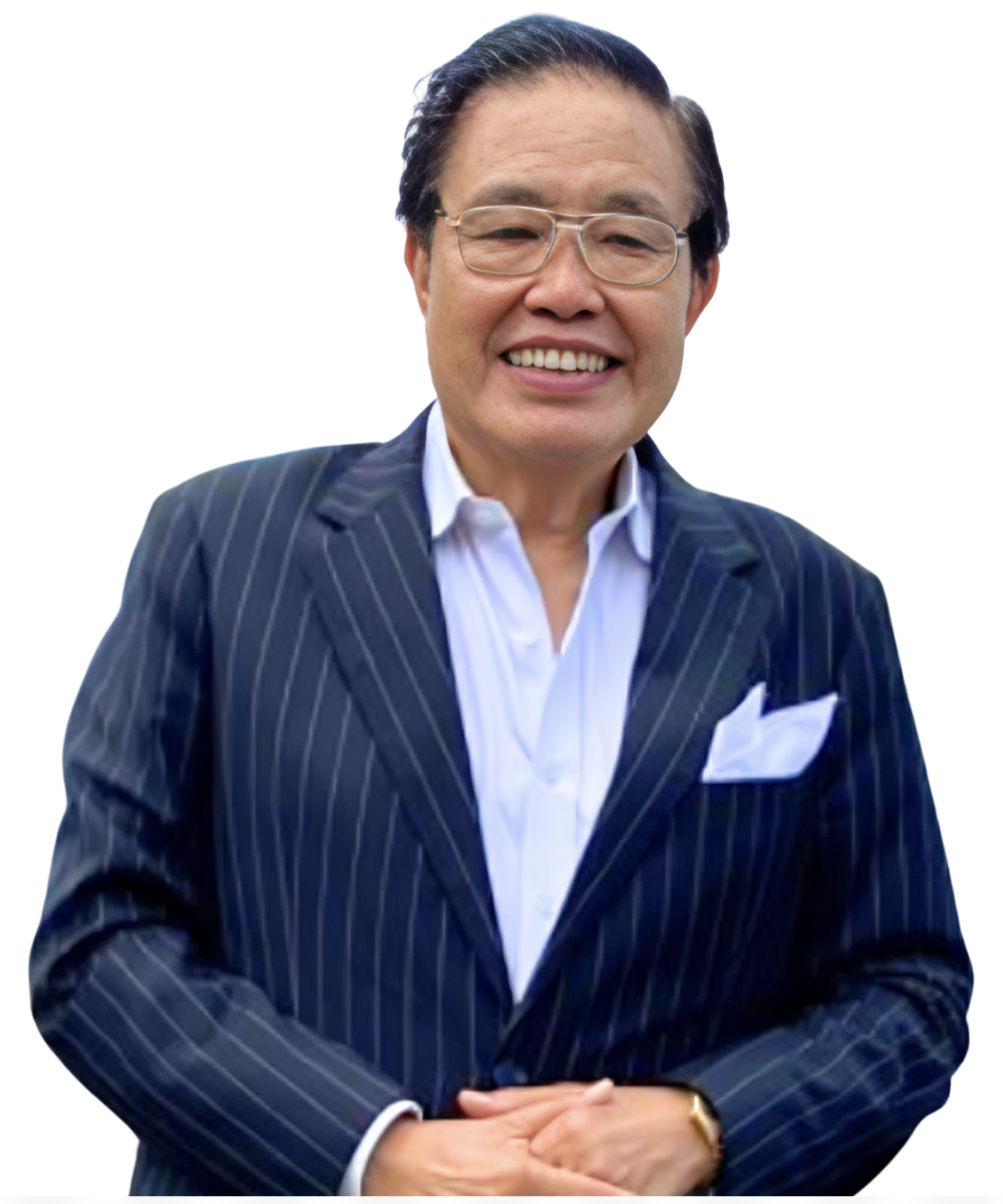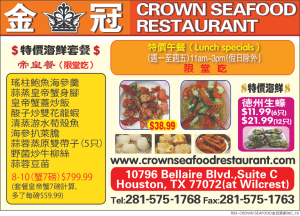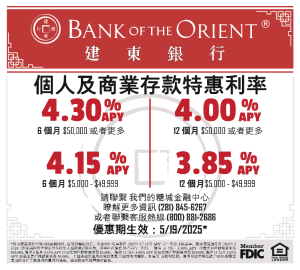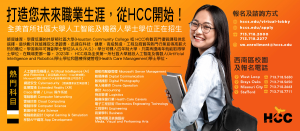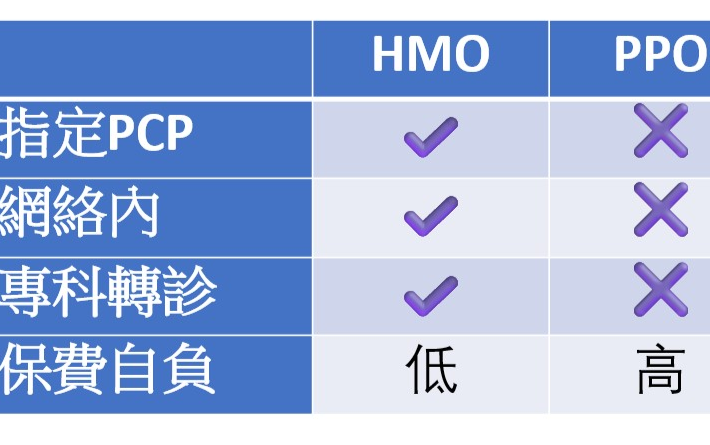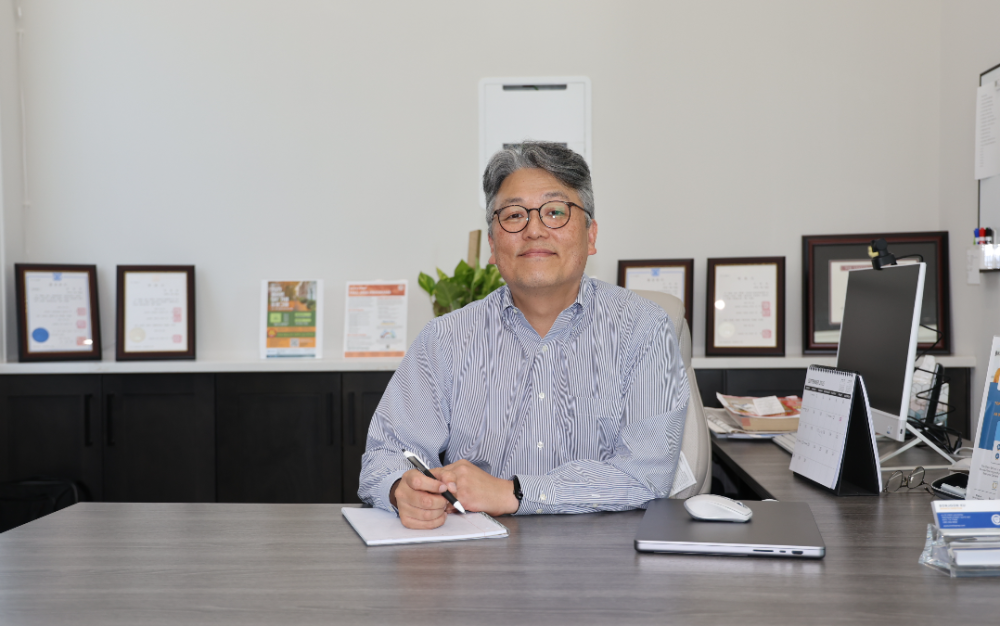戴蒙眼中的中国:竞争对手,还是镜子?
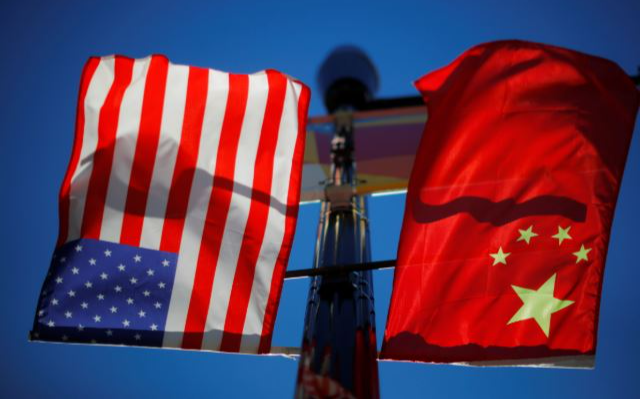
戴蒙眼中的中国:竞争对手,还是镜子?
在当前美中竞争日益加剧的全球格局中,摩根大通(JPMorgan Chase)首席执行官杰米·戴蒙(Jamie Dimon)对中国的观察引发了各界关注。他的发言不仅具有金融领袖的深度洞察,更带有一位美国爱国资本家的战略焦虑。他不讳言中国是「潜在对手」,却更担心「我们自己」。
这句话,道出当代美国的一种集体矛盾:既关注外在威胁,也无法忽视内部裂缝。
⸻「他们不害怕」:一位从中国归来的真实观察
2025年春,戴蒙刚结束对中国的实地访问。他在里根国家经济论坛上直言:「中国不害怕我们。」这一评价极具震撼力,与部分美国政界认為中国会在经济压力下让步的期待形成鲜明对比。
在他看来,中国在战略层面的执行力惊人。无论是人工智能、电动车、机器人还是医药產业,中国皆投入大量资源与政策支持。他指出:「他们政府、企业、民间有着一致的方向感。」
这种对国家战略一致性的讚誉,并不代表他对中国抱有幻想,而是试图提醒美国:真正的危机不在外部,而在自身。
⸻「我真正担心的,是我们自己」
作為华尔街的风云人物,戴蒙对美国内政提出了罕见的严厉批评。他多次强调,美国的制度问题才是长远竞争中最致命的短板。
「我们的基础建设老旧、教育制度落后、政治极化、预算赤字不断膨胀。」他指出,若美国再不进行制度性改革,将难以在接下来的40年中维持军事与经济的领先地位。这一番话既是对中国竞争实力的冷静评估,也是对美国衰退跡象的强烈预警。
⸻不只是对手,也是镜子
戴蒙并不迴避对中国体制的批评,但他提出了一种更為深刻的视角:中国不只是美国的竞争对手,更是一面镜子,映照出美国当前治理的困境。他承认,中国在提升全民生活水準与执行国家战略上成效显着。这与美国内部反覆拉锯、效率低下的政治现实构成鲜明对比。这并非赞同中国模式,而是呼吁美国在反制中国之前,应先问自己:「我们做得够好了吗?」
⸻ 结语:在竞争中找回自我
戴蒙对中国的看法,超越了冷战式的敌我二元论。他提供的是一种建设性的对话框架——将中国视為值得警惕的对手,也视為逼使美国自省与革新的外部压力。
与其恐惧中国崛起,不如正视自身体制的退化;与其一味施压对手,不如回归制度与价值的重建。
正如戴蒙所言:「如果我们团结一致,美国仍能领导世界。但我们不能再自我沉睡了。」
Jamie Dimon On China: A Competitor — or a Mirror?
In today’s intensifying global rivalry between the U.S. and China, JPMorgan Chase CEO Jamie Dimon’s observations on China have drawn widespread attention. His remarks not only carry the weight of financial insight but also the strategic anxiety of a patriotic American capitalist. He openly acknowledges China as a “potential adversary,” but his deeper concern lies with “ourselves.”
This statement reveals a paradox at the heart of contemporary America: while wary of external threats, it remains haunted by internal fractures.
“They Are Not Afraid”
— A Firsthand Observation from China
In the spring of 2025, Dimon returned from a visit to China. At the Reagan National Defense Forum, he stated plainly, “China is not afraid of us.” This remark was jarring, standing in contrast to the notion in some political circles that China would bow under economic pressure.
In Dimon’s eyes, China possesses astonishing strategic execution. From AI and electric vehicles to robotics and pharmaceuticals, China is pouring immense resources and policy support into key industries. “Their government, enterprises, and people are all moving in the same direction,” he noted.
Such praise for China’s national coordination doesn’t imply idealization — rather, it is a wake-up call to the U.S.: the true crisis lies not outside, but within.
—“What I Worry About Most Is Us”
As a major figure on Wall Street, Dimon’s sharp criticisms of U.S. domestic issues are striking. He repeatedly stresses that America’s structural problems — not China — are its greatest long-term vulnerability.
“Our infrastructure is outdated, our education system is lagging, political polarization is worsening, and the budget deficit keeps growing,” he says. Without bold reforms, the U.S. may struggle to maintain its global military and economic leadership over the next 40 years.
His warning is both a sobering assessment of China’s competitiveness and a stark alarm about America’s own decline.
—Not Just a Rival, but a Mirror
Dimon does not shy away from critiquing China’s system, but he offers a more profound perspective: China is not only America’s competitor — it is also a mirror reflecting America’s governance challenges.
He acknowledges China’s achievements in raising living standards and executing national strategies. In contrast, the U.S. is mired in bureaucratic gridlock and political inefficiency. His message is not to praise the Chinese model, but to urge the U.S. to ask itself: “Are we doing well enough?”
—Conclusion: Rediscovering Ourselves Through Competition
Dimon’s view of China transcends Cold War-style binaries of friend vs. foe. He offers a more constructive framework: see China not just as a threat, but as a catalyst — a force that compels America to reform and reawaken.
Instead of fearing China’s rise, the U.S. should confront its own institutional decay. Instead of merely exerting pressure outward, it should rebuild inward — its values, systems and unity.
As Dimon aptly put it:
“If we come together, America can still lead the world. But we can no longer afford to sleepwalk.”


